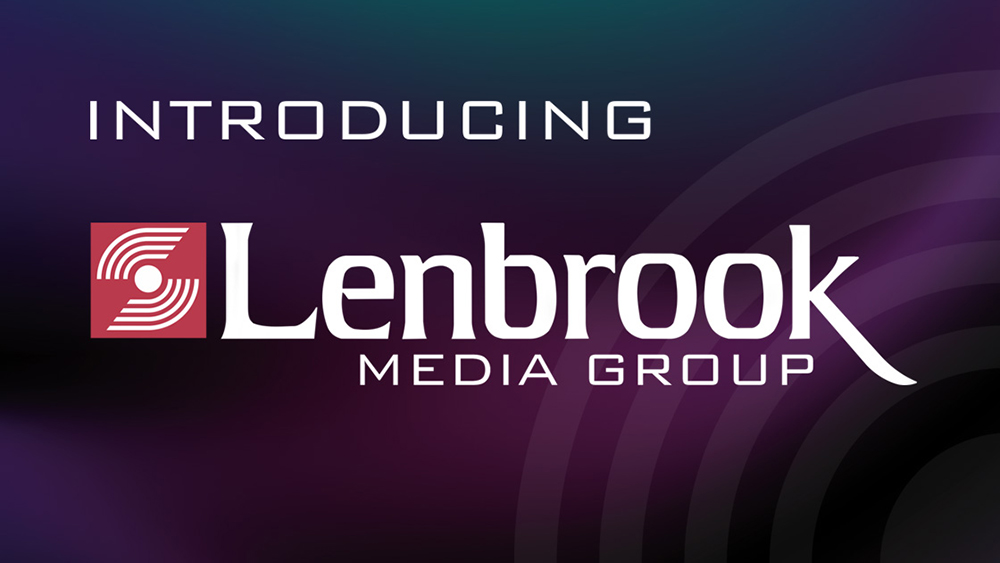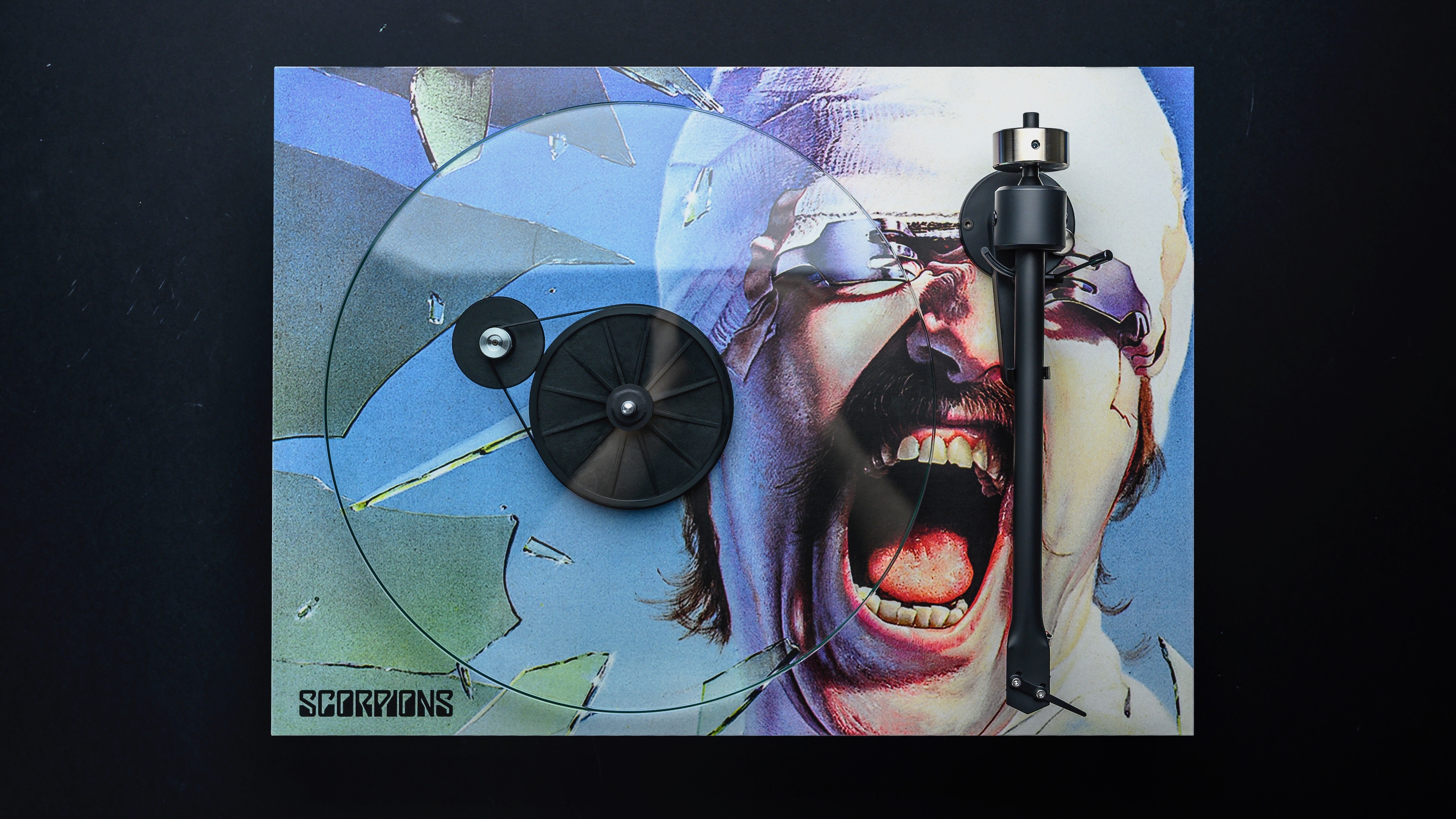Lenbrook Media Group forms to grow MQA and SCL6 for a bright hi-res audio future
The new group will be headed up by former MQA CEO Mike Jbara

The Lenbrook Group of Companies, owners of NAD Electronics, PSB Speakers, Bluesound and the BluOS multiroom platform, has created a new business unit that will oversee the growth of the MQA and SCL6 technologies it acquired in September.
The new Lenbrook Media Group, which is being overseen by former MQA CEO Mike Jbara in his newly appointed role as vice president and general manager, will develop the portfolio’s content management solutions and, as per the official press release, 'pursue new opportunities that fit Lenbrook’s vision to offer increased choice to music fans and enthusiasts for quality audio'.
This is the first MQA-related ‘news’ out of the Lenbrook stable since it rescued MQA Ltd from administration, and it strongly insinuates the company’s intent to use the established MQA and brand-new SCL6 codecs for future hi-res solutions, presumably in both software and hardware.
Both codecs were designed to deliver high-quality, ‘better than Bluetooth’ wireless music streaming. MQA is a codec that efficiently packages studio-quality audio for easy streaming and is used to power hi-res streams on Tidal (now alongside the service's new hi-res FLAC library). Meanwhile, SCL6 is touted as a wireless transmission codec that can retain the maximum (possible) sound quality of any audio file over Bluetooth, wi-fi or Ultra Wide Band wireless connections.
We already know that a pair of hi-res, PSB-branded wireless headphones from Lenbrook is on the cards, supposedly due to arrive this year, courtesy of a collaboration between PSB, MQA technologies and smart-hearables start-up firm Sonical. And this new division could mean other products aren’t too far down the road.
Gordon Simmonds, president and CEO of The Lenbrook Group of Companies, says that the acquisition of MQA’s assets helps it offer and facilitate high-quality music experiences throughout the chain, supporting “creators in the recording studio with capturing and delivering directly and in the highest quality, their art into the homes of music lovers”.
“Creating the Lenbrook Media Group allows us to fully capitalize on this unique position by giving it focus, and putting the right strategies, structure, and resources in place,” he says.
The latest hi-fi, home cinema and tech news, reviews, buying advice and deals, direct to your inbox.
MORE:
Wi-fi for headphones is great news for sound quality, so is it the death knell for Bluetooth?
It gets a lot of FLAC, but MQA's saving is a good thing for hi-fi
High-resolution audio: everything you need to know
Hi-res music streaming services compared: which should you subscribe to?

Becky is a hi-fi, AV and technology journalist, formerly the Managing Editor at What Hi-Fi? and Editor of Australian Hi-Fi and Audio Esoterica magazines. With over twelve years of journalism experience in the hi-fi industry, she has reviewed all manner of audio gear, from budget amplifiers to high-end speakers, and particularly specialises in headphones and head-fi devices.
In her spare time, Becky can often be found running, watching Liverpool FC and horror movies, and hunting for gluten-free cake.
